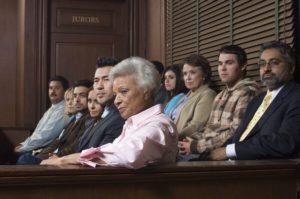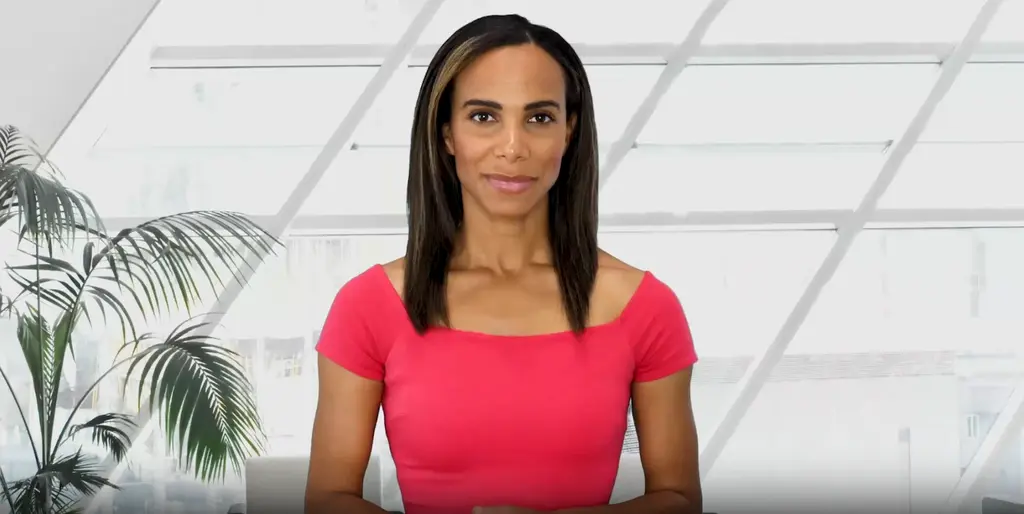Content Reviewed by:
Tucker Clagett •
July.21.2024
Vertified Content
Jul 21, 2024
| Read Time: 6 minutes
If you are reading this, you are probably one of my clients and you have a trial coming up in your personal injury case.
If you need a Waldorf personal injury attorney, contact us today for a free consultation. And discover everything you need to know with our Free Legal Guide to Car Accident Cases in Maryland. Know your options and be informed before you make big decisions about your accident case.
A trial is the logical conclusion of any personal injury litigation. It is where everything comes together.
This post explains how I want you to prepare for your trial. You and I have discussed this, and we will discuss it a LOT before your trial. But I like to create a written reference to serve as something you can go back to repeatedly if you need it.
Everything in here is written for personal injury cases, but it applies to any type of trial.
We will meet to prepare. Trial prep is not something you can do effectively on the internet. You will have an in person meeting with your attorney to go over the details of your trial. We will do that.
This post will do two things:
- Explain what happens at a trial so you know what to expect, and
- Tells you exactly what I want you to review to prepare for your trial.
Yes. This is more homework from me. Please do your homework! This is your big day. You only get one shot at this trial. We have been waiting for it a long time and working hard to get here. You should be prepared on the day of trial to be your best.
Article Contents
Personal Preparation
Treat this like the big day it is. Make sure you clear your schedule. Get plenty of sleep the night before. Eat a good breakfast.
Do all those things you have to do to be at your best. We need you at your best when you are at trial!
You already know how I want you to appear at trial – like yourself! Be yourself and relax and you will do great.
Just try to be the best version of yourself that you can be on the day of trial.
Here is a warning: Do NOT make the mistake of thinking real trial is like the movies. Hollywood portrays the courtroom as a place of high drama. In reality, it is usually sort of boring. The jury isn’t interested in your acting skills. They want to resolve the issue at hand and go home.
You are not an actor. I am not an actor. This is not some courtroom drama. If you try to “act” the jury will smell it and they will think you are a faker. You are not a faker. If so, I wouldn’t be representing you.
You better give the jury the truth. They can handle it. (Bet you know what that link is before you even click it!)
As we have discussed a billion times, you have to get up there and tell the truth. Be absolutely honest when you testify. The jury or Judge will sense your honesty and reward you accordingly.
Remember that jury is made up of normal people just like you. They will expect to you to appear exactly how they would feel – polite and professional and a little nervous. That is normal! And it is good to be normal at trial. So it is OK to be nervous!
In fact, it is important that you appear “normal” at trial. That may mean you will be nervous. You may stumble over your words. You won’t appear polished. Good! All of that is normal.
It is important to be honest, and prepared, and normal at trial.
Things to Review
On the other hand, you have to be prepared so you present yourself and your case in the best light. Don’t just wing it when you get on the witness stand! You should “study” for this like you are taking a big test.
Here is a list of things I want you to review and “study” in the week or two before your trial.
- Your Answers to Interrogatories that we signed and sent to opposing counsel.
- Your deposition transcript, if you had a deposition. If you don’t have a copy of it, call my office so we can email it to you.
- Any notes you made after the accident.
- Any log or diary you kept during your recovery period.
- Any photographs of the scene, the cars, or your injuries.
- Talk to your spouse, friends or family members about what they remember from the time period right after the accident. They may remember things you forgot!
What Happens at Trial?
This is a very basic, thumbnail sketch of how a trial progresses. It is written for a jury trial in the Circuit Court, but the same process happens in District Court – only without the jury.
- We show up and wait. The Court hardly ever starts on time, but you have to be on time.
- The Judge calls the case. The other attorney and I will probably “set the stage” for the Judge by explaining what we have that day.
- The jury panel is seated. They will come in and sit in the courtroom so we can choose the 6 jurors who will be hearing your case that day.
- Voir Dire. This is where the Judge asks the jury panel a ton of questions. This is usually a lengthy process and you are just sitting at counsel’s table while we go through the process of picking a jury.
- Picking the jury. The Judge will ask us for “strikes” and will eventually seat 6 people in the jury box. They will also choose 1 or 2 alternates in case something happens to one of the other jurors.
- Opening Statements. The attorneys will make brief opening statements explaining the case to the jury.
- Plaintiff’s case. Your case goes on first. Most of the time, you will be the first person to testify.
- Defendants’s case. When your case is over, the defense gets to put on their witnesses.
- Jury instructions. The judge will read a long list of instructions to the jury. The rest of us are just sitting there.
- Closing arguments. The two attorneys make closing arguments to the jury.
- Jury deliberations. The jury goes back into the jury room and deliberates.
- Verdict. When they have a verdict, they come in and read it in open court.
All of this will take 2 days or more in a Circuit Court jury trial. It will take 1 hour or so in District Court. That is a huge difference! This post doesn’t have time to explain all of the details of why, but suffice it for now to say bigger cases go to Circuit Court and smaller cases get handled in the District Court.
Conclusion
Again, we will meet in person and have a long discussion. But think about all I have written in this post and call me if you have any questions.
Want to know more? Discover what you need to know about Maryland car accident cases. Click here to see our Free Legal Guide to Car Accident Cases and get answer to your questions today.
Know your options. Be informed. Protect yourself.
Need a personal injury attorney? If you need a Maryland personal injury attorney for your personal injury case, contact us for a consultation.
Like our blog? Subscribe to our email newsletter and stay informed!
Author: This content was written and approved by Tucker Clagett, an attorney at Southern Maryland Law – Andrews, Bongar, Gormley & Clagett.







